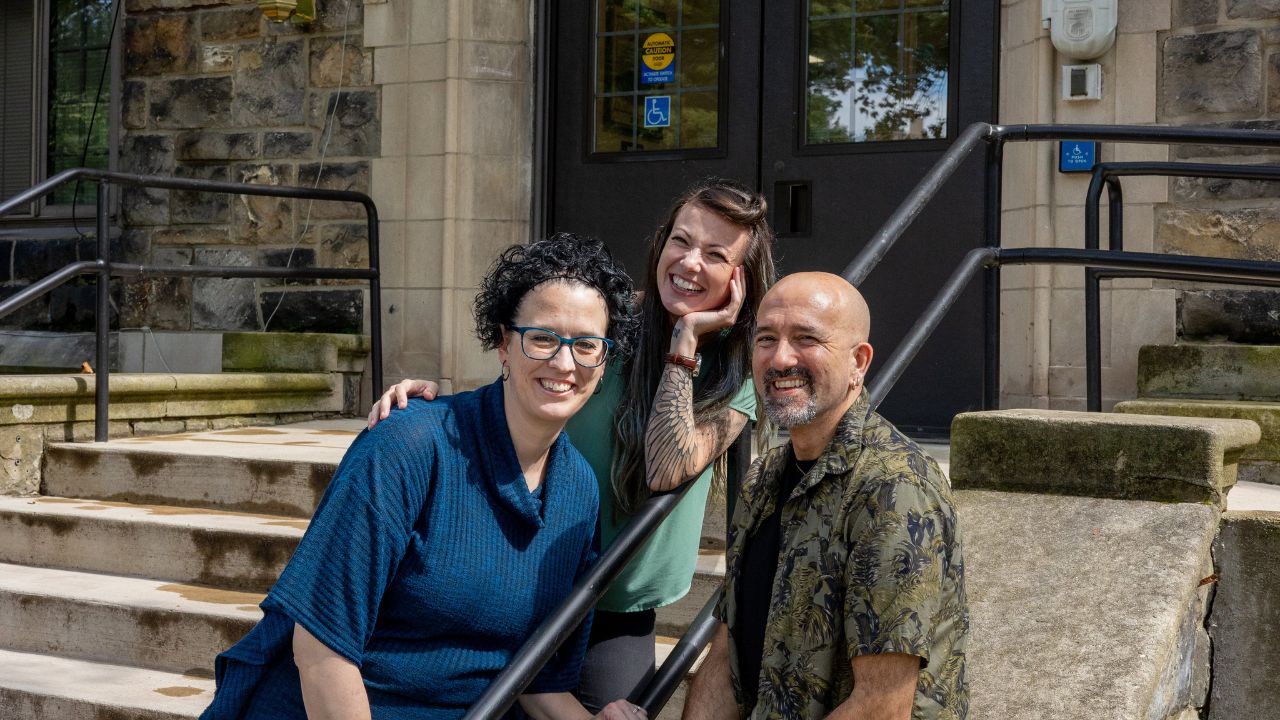
So, you want to learn another language but may not know how or where to start. Learning a new language has challenges but also many benefits. Learning a new language can help you advance your career, understand other cultures, enhance your memory skills, help you to be a better communicator, stimulate your brain power, and more.
Here are 6 helpful tips that will help you get started on your language learning journey.
- Find Your Motivation
Why do you want to learn another language? You may want to learn another language for fun, a resume, a job, a trip, or any other reason. Creating a foundation on why you want to learn a new language will help motivate you to get started.
Note that you may become unmotivated. Learning a new language is time consuming and can be difficult; however, you must remind yourself why you started learning the language to feed your motivation.
- Utilize Workbooks and Read Books
You should find reliable and recommended workbooks and start studying. A good workbook allows you to learn the basics of the language including numbers, months, days of the week, clothing, and can help you take on skills like building sentences and carrying on conversations.
Once you have some of the basics down, you can order books in the language. As you read the books, you will recognize specific phrases and become more familiar with the language.
Recommended websites to access/order language books are Amazon.com, Gutenburg.com, eBooks, and more. You could also visit your local library to browse for books.
- Watch Videos
Watching videos on sites like YouTube helps guide you in immersive learning, also known as compressible input. TeachingEnglish.org defines comprehensible input as, “language input that can be understood by listeners despite them not understanding all the words and structures in it.” For example, you may watch a video of someone petting a dog, you may not know any of the words they are saying, but you can understand what they are saying through what they are doing.
In some videos the language instructor will say sentences, phrases, or words in which you will “repeat back to them” or “respond” to help improve your speaking, recall, and conversation skills.
- Download Apps
The app store on your phone, tablet, or computer provides many apps that will help you learn a new language. Just type the language you want to learn in the search bar and bam! A list of apps that teach the language will pop up.
Popular language apps include, but are not limited to, Rosetta Stone, Falou, Memrise, and Babbel.
- Take a Class
An option to help you learn another language is to take a class. In the technological world we live in today, check online for free classes! That’s right, FREE! Many websites like Duolingo offer free classes to help you fulfill your desires to learn a new language! YouTube also provides thousands of formal and informal videos of classes that teach languages. Did I mention these two options are free? And if you are very serious, you can earn a degree in a language and then make a career out of working with speakers of that language. For example, Geneva College offers a Spanish program with a study abroad option that prepares you to master the language and various cultures of the Spanish-speaking world.
- Learn about the Culture
Learning about the culture in which you are learning a language can help you understand why they speak the way that they do. Learning about the culture can also help you learn about the history of the culture and language overall.
You may want to learn another language because you want to visit another country; thus, learning about the culture helps prepare you to minimize cultural shock. As you learn how to speak another language, you will also learn how the culture’s society and behavior work, along with certain cultural customs.
For example, the culture of Spain is vastly different than Japanese culture, and language both shapes and reflects those cultures. A Spanish visitor to Japan will experience cultural shock if they visit without learning their cultural customs. If you are not careful nor do your research on the country’s culture through language learning, you could face undesirable, even embarrassing or dangerous consequences.
Learning another language takes a lot of time and practice. Do not let the investment time in the journey discourage you from continuing to learn. Your demanding work will eventually pay off, and hey, who doesn’t want to flaunt that they know another language?!
Geneva College can help you expand your cultural and linguistic horizons with courses and study abroad programs and real engagement with fellow students from around the world. For more information, visit geneva.edu.
-----
-Ariel Reece '23
Photo by Brooke Cagle on Unsplash
Opinions expressed in the Geneva Blog are those of its contributors and do not necessarily represent the opinions or official position of the College. The Geneva Blog is a place for faculty and contributing writers to express points of view, academic insights, and contribute to national conversations to spark thought, conversation, and the pursuit of truth, in line with our philosophy as a Christian, liberal arts institution.
Mar 11, 2022Everyday LivingRelated Blog Posts
Request Information
Learn more about Geneva College.
Have questions? Call us at 724-847-6505.










 Online Course Login
Online Course Login